“Unprecedented” position
This year, Vietnam Teachers' Day, November 20, comes in a very different atmosphere. Looking back over the past 80 years, from the aspiration to "eradicate illiteracy" during the subsidy period, to the strong transformation into the stage of global integration, it is the journey of an entire nation.
Today, when the rays of late autumn and early winter gently knock on the doors of every classroom, from the city to the village, we remember November 20, when more than 1.6 million teachers nationwide celebrated the 43rd anniversary of Vietnamese Teachers' Day with joy and pride in their achievements.
Today is not just a simple celebration, but a moment to look back at the milestones of the industry: " Education and training are identified as the top national policy, deciding the future of the nation".
Minister of Education and Training Nguyen Kim Son affirmed that November 20 this year marks a special milestone: education "has never had the position it has today" after 80 years of development, when a series of new resolutions and policies were issued, from Resolution 29 on fundamental and comprehensive innovation in education, Resolution 57 on science - technology and digital transformation, to Resolution 71 of the Politburo on breakthroughs in education development and especially the Law on Teachers just passed by the National Assembly.
Internationally, the OECD TALIS 2024 results show that 92% of Vietnamese teachers “agree” or “strongly agree” that teachers are valued by society, the highest rate among all 55 education systems surveyed, while the OECD average is only 22%. 97% of teachers are satisfied with their jobs, and 58% are satisfied with their salaries, both significantly higher than the OECD average.
These numbers explain why the international press uses the phrase “Vietnamese teachers lead in digital transformation capacity and level of respect”.
This year, in the November 20th celebration as well as the industry's emulation congress, the team of teachers and education managers are recognized not only as "letter bearers", but also as the decisive factor in quality, as a guiding example. For the first time, the teaching profession has been institutionalized by law, affirming the position of teachers, something that seemed to be a tradition but has now been codified.
When education is elevated to the “top national policy”, it opens up two directions: Hope and responsibility. Hope because the new position brings stronger resources, from investment, policy, spirit to society. But it is also responsibility, with that position, the pressure placed on schools, teachers, and students is not small. If we only “get attention” but not “transform”, it is easy to fall into formality.

The joy of teachers and students on Vietnamese Teachers' Day November 20. Illustrative photo
Legalizing the teaching profession is a step forward, but what is more important is: do teachers have real power, conditions, and an environment to be creative? Do students have a way of learning that is appropriate to the times, not just remembering knowledge but also developing capacity?
From another perspective, society has high expectations: Education must quickly "catch up" with digital transformation and international integration. But the foundation cannot be ignored: facilities in remote areas, the quality of staff and the subject is students. If left behind, the great position will only be "on paper".
Teachers in the digital age
One of the highlights of TALIS 2024 is the digital transformation capacity of Vietnamese teachers. 64% of teachers said they have used artificial intelligence (AI) in teaching, ranking 5th out of 55 education systems, nearly double the OECD average. This shows the great effort of the teaching staff in self-studying and adapting to new technology, even though most of them have not received formal training in AI from teacher training colleges.
However, 71% of teachers admit that schools lack the necessary infrastructure and digital tools: old computers, unstable networks, shared equipment, many “smart classrooms” that only exist on paper. In this context, requiring teachers to “take the lead in digital transformation” without accompanying facilities, training budgets and study time is unfair.
Digital transformation cannot just be a slogan hanging behind the podium, but must be demonstrated in every lesson, from using digital learning platforms, analyzing student learning data to designing interactive activities with technology support.
In addition to the State’s efforts, many social initiatives are adding “oxygen” to the teaching staff. Honor and support programs such as “Sharing with teachers”, honoring teachers who stay in villages and islands, teachers in green uniforms who both patrol the border and teach, show the increasingly clear companionship of the community and businesses. Material gifts cannot replace a basic salary policy, but are an affirmation that society sees and appreciates those silent contributions.
From a public policy perspective, we can see the logic in the way the Party and State approach education: Legalizing the teaching profession, affirming education as the “top national policy”, prioritizing investment in the teaching staff, and promoting digital transformation. The problem is that the speed of institutionalization, resource allocation, and implementation at the grassroots level have not kept up with the vision.
Specifically, there must be a clear roadmap to implement the Law on Teachers, especially the salary, allowance, public housing, and preferential credit regimes, instead of leaving proposals at the "commenting" stage. Next, it is necessary to expand the space for professional autonomy for teachers along with accountability, so that they are more trusted in choosing teaching methods and content, assessing students, and fostering and updating digital capacity that is truly linked to the path of promotion and remuneration.
At the same time, caring for teachers must be considered a policy to develop high-quality human resources, not just a favor to a group of officials. Local models that proactively increase income based on work performance, support social housing, and public housing for teachers in disadvantaged areas need to be summarized and replicated.
What is more important is to build a culture of respect for teachers through concrete actions from each family, each student and the entire political system. Teachers need more than bouquets of flowers on November 20th, it is trust in their expertise, their voices being heard when giving policy advice, and protection when they firmly say no to cheating and achievement-based disease.
Keeping the teacher's fire burning in the era of innovation
A new era of education must balance tradition and innovation: maintain the teacher's personality, keep the embers of enthusiasm, and at the same time open to technology, new methods, and the world . If only one side overwhelms the other, it will lose its roots or not be able to move forward.
I remember a teacher in the highlands, who every morning in the rain and dew still climbed the hill to class, the chalkboard was wet, but the students' eyes shone with trust. I remember a teacher in the city, struggling to switch to online teaching, under great pressure but still smiling at her students.
They, the teachers, are at the forefront of change. As policies give them more status and responsibility, people also demand that they be more exemplary: “bright enough to shine and guide students; valuable enough to inspire and persuade.”
Looking at the eyes of students, listening to teachers' sharing, we understand that it is not just about imparting knowledge but also about sowing aspirations, aspirations to learn, aspirations to live, aspirations to rise up in an entire generation. When the position of the education sector is raised, the lesson for us is: teachers should always be the guides but not the ones who take the whole boat trip for students. Students will have to row, but only with a steady rower can the boat reach the shore safely.
So what should we expect on November 20 this year and in the years to come?
I hope for a clearer and more specific policy on teacher development: not just defending and honoring, but training, developing, and creating real conditions for innovation.
We hope for a learning environment where students do not just “go to school” but “learn to live, learn to create, learn to integrate”. Therefore, the new position of education is not only in the declaration but must be present in every classroom, every schoolyard, every remote area.
And I hope that society, parents, students, and the community will look at teachers not only on November 20th but every day: Respect, support, and accompany. When teachers are strong, education will reach new heights.
In that light, the teacher is the beacon that illuminates and guides the way. The journey ahead is not a smooth one, but if each teacher continues to firmly maintain his position, each student holds his head high with knowledge and aspiration, the journey of “education and training” will not only be in an “unprecedented position” but will also move towards an “unprecedented future”.
Teachers need more than flowers on November 20th. Only when teachers are paid fairly, protected, equipped with technology and mechanisms to teach “real learning, real testing”, can they fully fulfill their role as “guides of the new era”. And then, the good international rankings of Vietnamese education will not only be a temporary source of pride, but will become the foundation for a lifelong learning society.
Source: https://congthuong.vn/thay-va-tro-trong-thoi-dai-moi-431263.html


![[Photo] Lam Dong: Panoramic view of Lien Khuong waterfall rolling like never before](/_next/image?url=https%3A%2F%2Fvphoto.vietnam.vn%2Fthumb%2F1200x675%2Fvietnam%2Fresource%2FIMAGE%2F2025%2F11%2F20%2F1763633331783_lk7-jpg.webp&w=3840&q=75)
![[Photo] National Assembly Chairman Tran Thanh Man holds talks with South Korean National Assembly Chairman Woo Won Shik](/_next/image?url=https%3A%2F%2Fvphoto.vietnam.vn%2Fthumb%2F1200x675%2Fvietnam%2Fresource%2FIMAGE%2F2025%2F11%2F20%2F1763629724919_hq-5175-jpg.webp&w=3840&q=75)



![[Photo] President Luong Cuong receives President of the Senate of the Czech Republic Milos Vystrcil](/_next/image?url=https%3A%2F%2Fvphoto.vietnam.vn%2Fthumb%2F1200x675%2Fvietnam%2Fresource%2FIMAGE%2F2025%2F11%2F20%2F1763629737266_ndo_br_1-jpg.webp&w=3840&q=75)
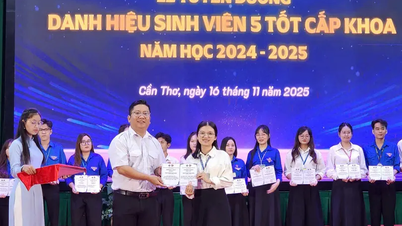

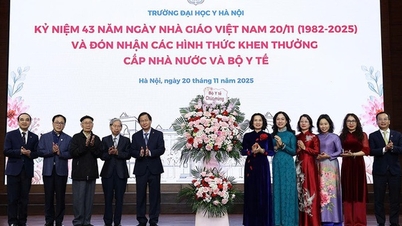



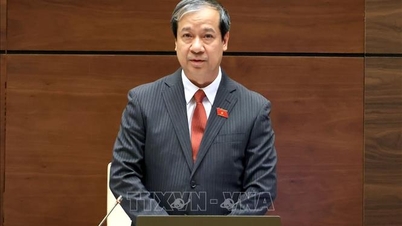

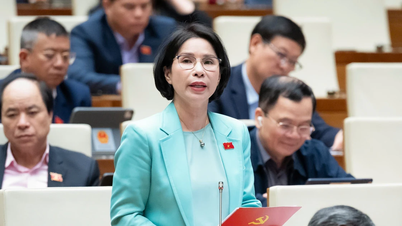

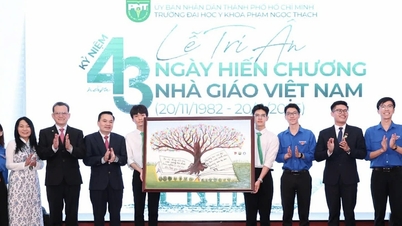

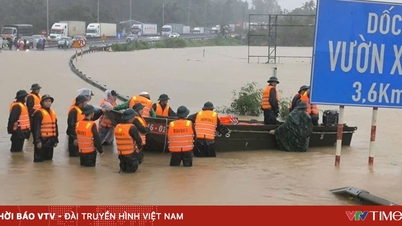


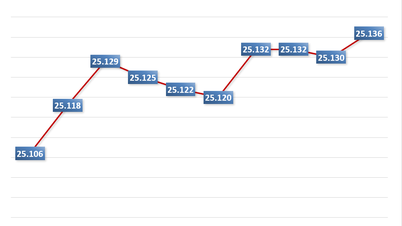

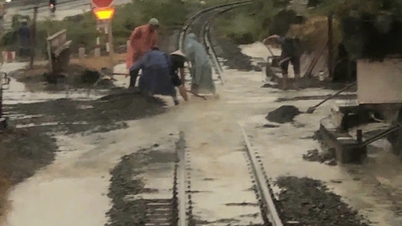
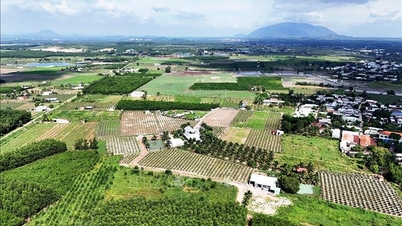
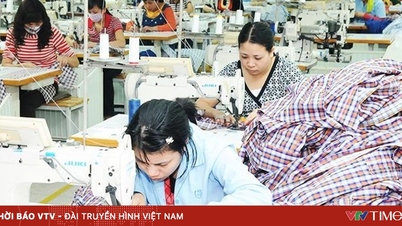




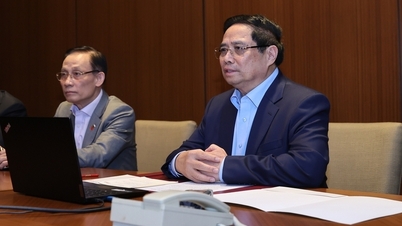
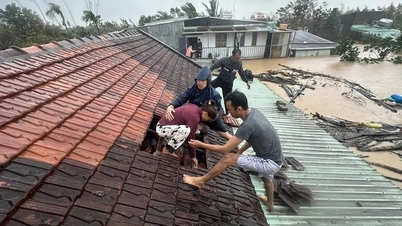
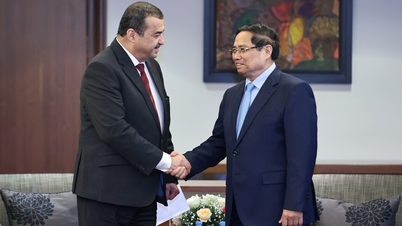
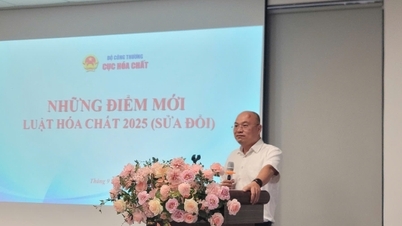

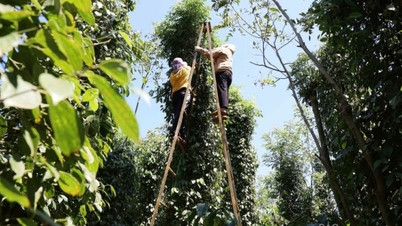












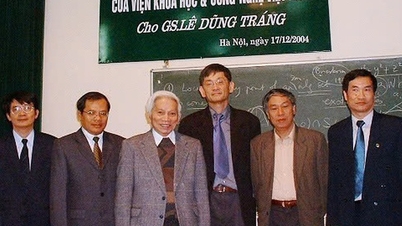
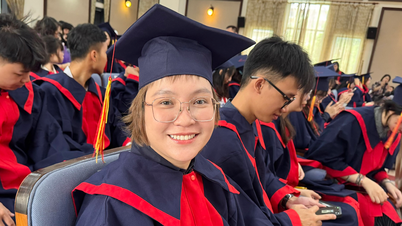



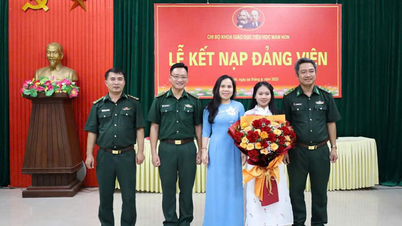
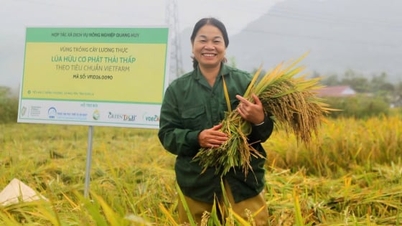

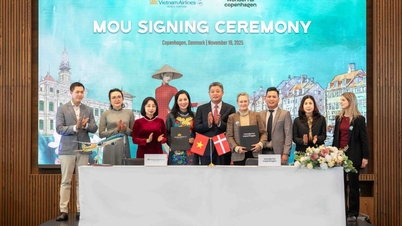



















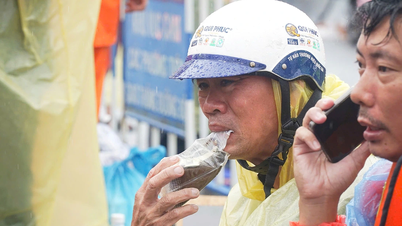




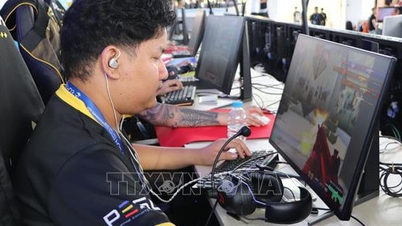



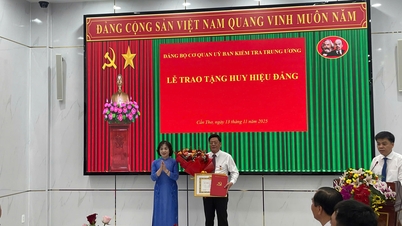
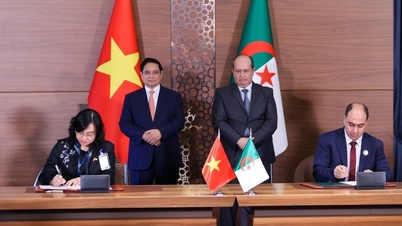

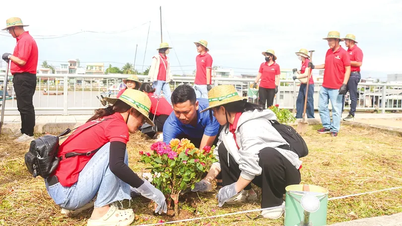


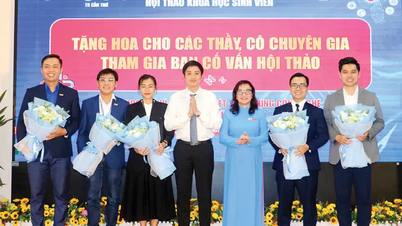


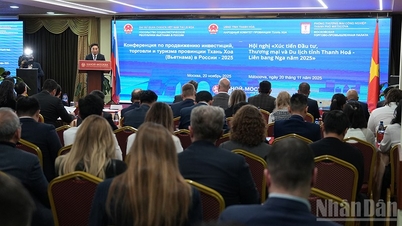













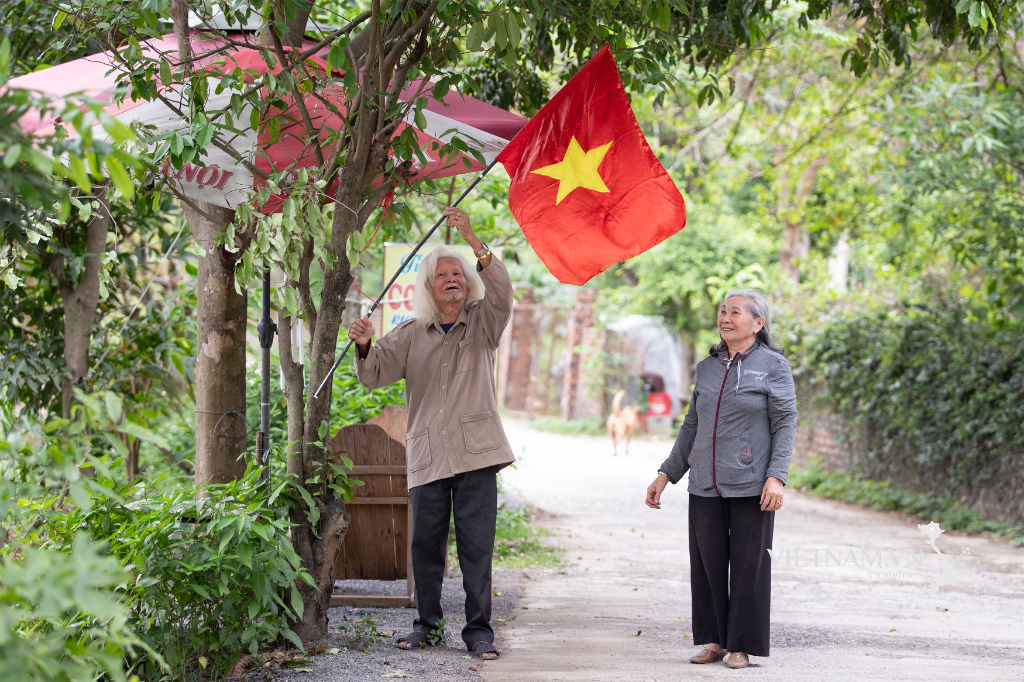


Comment (0)